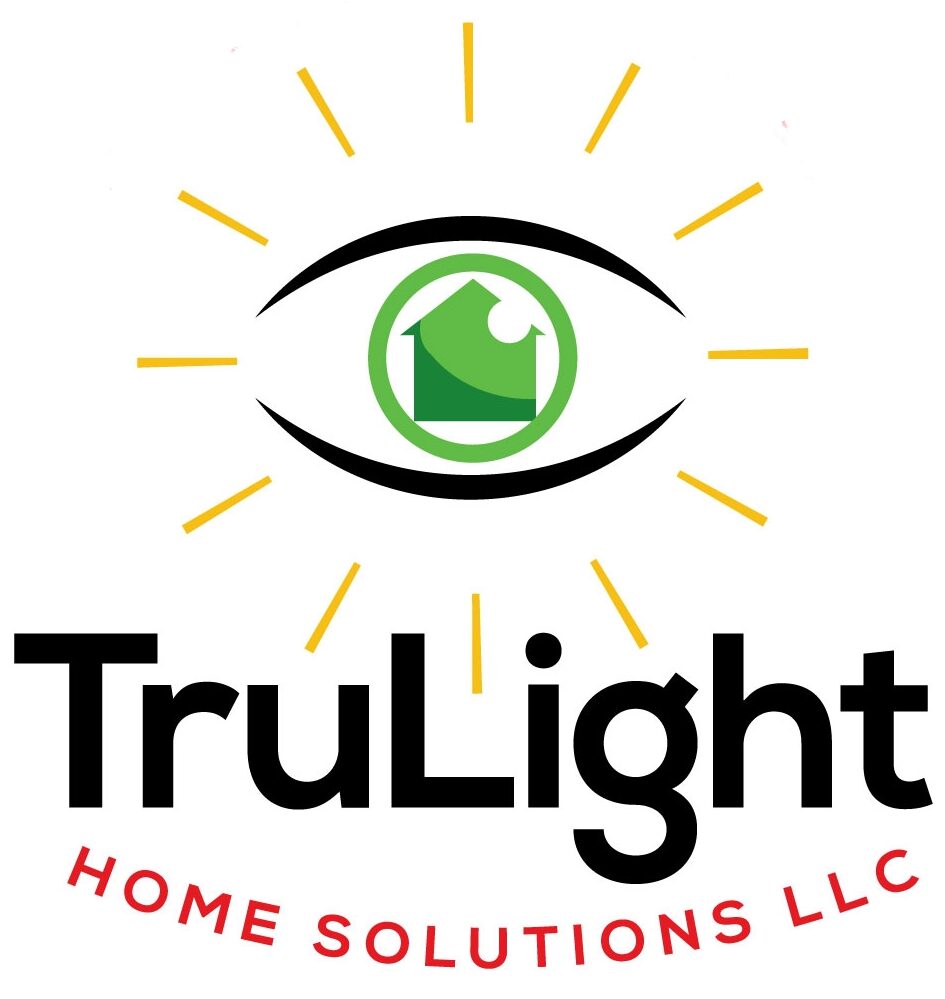FAQ
What is a home inspection?
An inspection is a comprehensive, non-invasive, visual examination of the home’s systems as the conditions exist on the day of the inspection. The inspector may recommend further evaluation by a licensed trade professional or repair when problems or symptoms of problems are discovered.
What does a home inspection include?
A typical inspection report includes findings from a visual inspection of readily accessible areas of the home, including the roof, exterior, foundation or crawlspace, heating(weather permitting), cooling(weather permitting), electrical, plumbing, fireplace, attic, insulation, ventilation, doors, windows and interior. We also include thermal imaging to give you the best inspection possible.
Why do I need a home inspection?
Buying a home could be the largest single investment you will ever make. To minimize unpleasant surprises and unexpected difficulties, you’ll want to learn as much as you can about the newly constructed or existing house before you buy. A home inspection may identify the need for major repairs or builder oversights, as well as the need for maintenance to keep it in good shape. After the inspection, you will know more about the house, which will allow you to make decisions with confidence.
If you’re already a homeowner, a home inspection can identify problems in the making and suggest preventive measures that might help you avoid costly future repairs.
If you are planning to sell your home, a home inspection can give you the opportunity to make repairs that will put the house in a better condition for selling.
What is the cost?
Fees can vary based on size, location, age, or special features such as a pool.
Don’t let cost be the driving factor in deciding whether or not to have a home inspection or in the selection of your home inspector. The sense of security and knowledge gained from an inspection is well worth the cost, and the lowest-priced inspection is not necessarily a bargain.
Use the inspector’s qualifications, including experience, training, compliance with your state’s regulations, if any, and professional affiliations as a guide.
What is thermal imaging? Why is it important?
Infrared thermal imaging is simply the process of converting infrared (IR) radiation (heat) into visible images that depict the spatial distribution of temperature differences in a scene viewed by a thermal camera.
Regarding home structures, it is an advanced, non-invasive technology that allows the inspector to show clients defects about their homes that can’t be revealed using conventional inspection methods
Can a house fail a home inspection?
What is InterNachi?
InterNACHI® is the inspection industry’s largest provider of education and training. InterNACHI® and the InterNACHI® School is recognized, approved or accredited by more than 100 state, government, and non-government agencies to operate as an online education provider for home inspectors, contractors, and real estate agents.
Are you certified? Licensed? Insured?
Yes. There are several organizations that inspectors lean on for education and certifications. Trulight Home Solutions LLC chose InterNachi as the governing body for the organization. After completing intial requirements, mandatory continuing education helps us stay current with the latest in technology, materials and professional skills.
Georgia currently has no licensing process for home inspectors. It is not a regulated industry in the State of Georgia. That’s why it is imperative for potential clients to ensure the inspector has been trained to perform the duties. Some states, such as Florida, give inspectors the ability to pay their state a fee and advertise as a “licensed” inspector, while training and education is similar to a Georgia inspector.
We are insured including General Liability and Professional Liability.
How do I activate my free 90 day warranties?
The free warranties included with your full home inspection is activated the moment you receive your inspection report. You as the client have no further obligations to ensure your home is protected.
Should I attend the inspection?
What if the report reveals problems?
Congratulations!
You have been connected with Southeast Georgia’s premier home inspection company.
